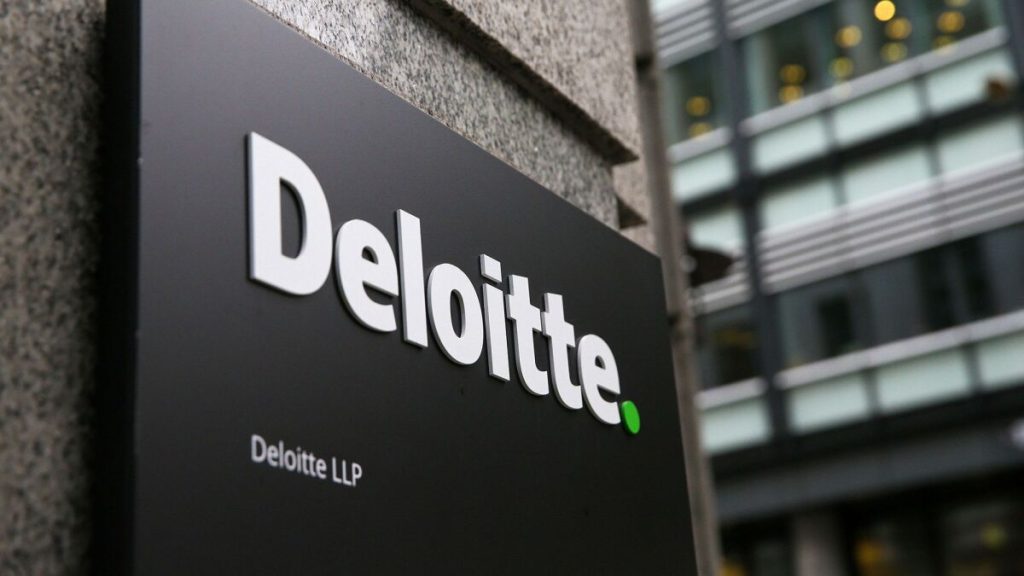82% of tax executives anticipate increased public tax disclosure requirements within three years.
86% report progress toward “Tax Administration 3.0,” though confidence in AI benefits is waning.
Sustainability has surged in importance, now a top-three priority with mounting carbon compliance costs.
As global tax regimes shift under pressure from rising regulatory demands and digital disruption, tax leaders are intensifying focus on transparency, digital readiness, and sustainability strategy—according to Deloitte’s 2025 Global Tax Policy Survey.
Deloitte surveyed over 1,100 senior tax and finance professionals across 28 countries. The findings show companies are simultaneously navigating both stability in longstanding reporting demands and growing volatility from technological and environmental policy changes.
“As they grapple with widespread uncertainty, global organizations are focusing on what they can control as the tax function undergoes significant policy shifts with the added complexity of a fast-moving tariff environment,” said Amanda Tickel, Deloitte Global Leader, Tax & Legal Policy. “Tax leaders must collaborate across the organization to understand where they are, where they’re going, and how they can get there.”

Transparency: Still No. 1
Tax transparency and reporting remain the top priority, driven by both stakeholder expectations and regulatory mandates. A striking 82% of respondents expect public tax disclosures to increase in the next two to three years. National-level transparency laws are the most influential pressure point, surpassing voluntary disclosures.
AI-fueled scrutiny of country-by-country reporting (CBCR) is pushing companies to tighten their global data alignment and ensure public-facing tax narratives match internal governance strategies.
RELATED ARTICLE: 79% of Agrifood Executives Report Revenue Growth from Sustainability Investments: Deloitte Survey
Digitalization: Moving Forward, Cautiously
Digital tax transformation is accelerating, with 86% of respondents seeing “some movement” toward the OECD’s Tax Administration 3.0 vision—where tax is embedded seamlessly into business systems. Yet, optimism is cooling: just 29% believe AI tools will significantly improve accuracy, and fewer expect cost reductions.
E-invoicing is a key example of this paradox. Once seen as a simplifier, it is increasingly viewed as a source of new compliance complexity.
“This survey underscores a dual reality in global tax policy—while regulatory requirements and expectations for transparency remain paramount, emerging priorities like digitalization are reshaping, and even complicating, the tax landscape,” said Willem Blom, Deloitte Global Leader, Tax & Legal.

Meanwhile, governments are leveraging tax incentives to attract global talent, with 66% of executives reporting an uptick in such measures to support mobile, high-skill workforces.
Sustainability: Escalating Stakes and Compliance Burdens
Sustainability climbed from fifth to third in Deloitte’s impact ranking, underscoring its fast-rising relevance. Over half (55%) now consider sustainability a top tax concern, spanning carbon taxes, ESG reporting, and energy levies.
Compliance with carbon border adjustment mechanisms (CBAMs), especially in Europe, is proving costly—especially in regions like Africa, where 45% of respondents flagged CBAM costs as a major issue. However, only 36% are fully leveraging available grants or incentives to offset ESG investments.
In a climate of heightened complexity, Deloitte’s findings offer a clear signal: tax leaders must prepare for deeper disclosure, digital transformation with nuanced ROI, and sustainability-driven tax shifts.
Read full survey here.
Follow ESG News on LinkedIn

